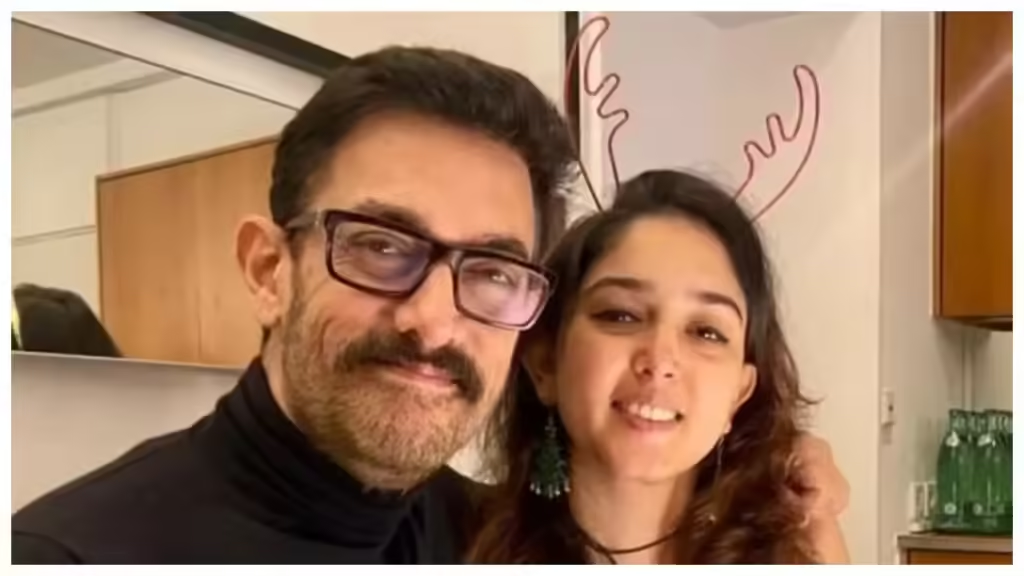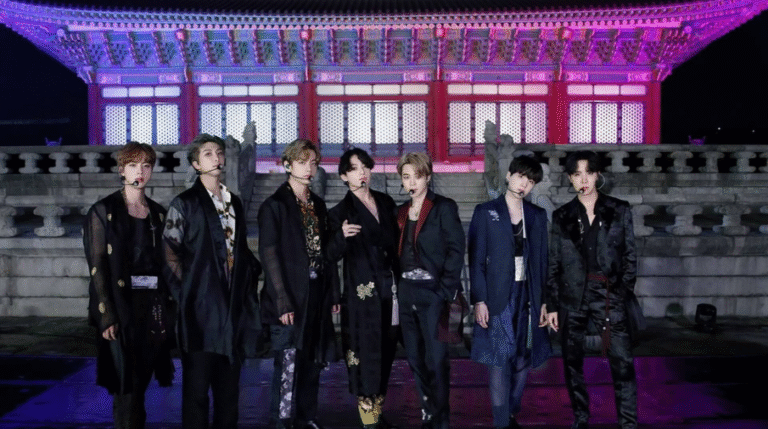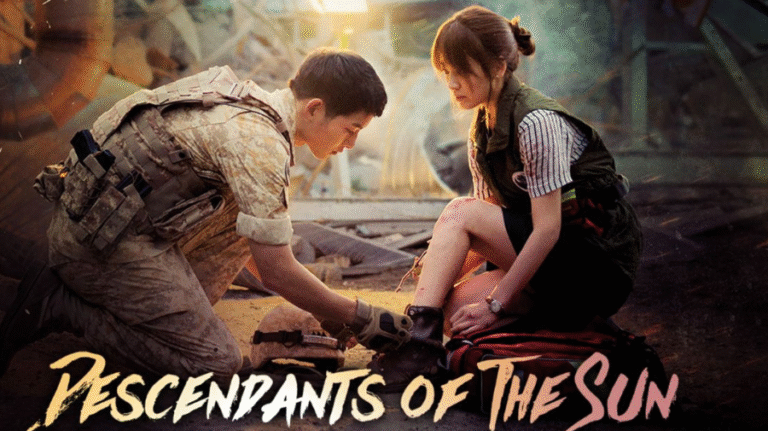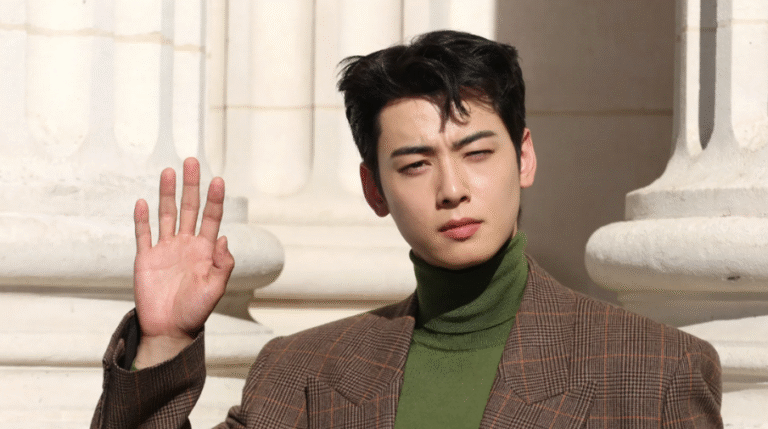
When Ira Khan, daughter of Bollywood icon Aamir Khan, shared that she had “graduated” from therapy after eight years of psychoanalysis, her announcement rippled far beyond celebrity circles. It wasn’t just a personal milestone—it was a public reckoning with the silent epidemic of depression.
In a country where mental health is often cloaked in stigma, Ira’s openness offered a rare glimpse into the long, nonlinear path of healing. Her story is a reminder that depression doesn’t discriminate. It affects millions, quietly and persistently. And while therapy and medication can help, access, awareness, and empathy remain unevenly distributed.
Depression in India: The Unseen Epidemic
In a country of over a billion people, more than 56 million Indians live with depression. That’s not just a statistic, but a silent chorus of everyday lives quietly unraveling. It’s the college student who can’t get out of bed. The mother who smiles through the fog. The office worker who feels hollow despite the hustle.
According to the National Mental Health Survey, 1 in every 20 adults in India is battling depression at any given moment. But here’s the deeper tragedy: less than 10% of them ever seek help. Not because they don’t want to heal, but because healing often feels out of reach. Stigma still looms large. Therapy is expensive. And in many places, it simply doesn’t exist.
In urban India, where awareness is growing and diagnoses are more common, the access is still uneven. In rural districts, the situation is worse. Some regions have fewer than one psychiatrist per 100,000 people. Imagine needing help and finding no one trained to listen.
And then there’s the gendered weight of it all. Women are nearly twice as likely to be diagnosed with depression. Yet their pain is often brushed aside, labeled as “hormonal,” “dramatic,” or “just a phase.” The emotional labor they carry is invisible, but the toll is real.

Healing isn’t a straight line. It’s a winding, often exhausting journey. Ira Khan’s eight-year commitment to psychoanalytic therapy is proof of that. Three sessions a week, year after year, is a relationship with one’s own mind. And even now, she continues to take medication. Because remission, as she reminds us, isn’t a finish line. It’s a way of living and managing.
For most Indians, this kind of care is a luxury. Therapy in India can cost anywhere between ₹800 to ₹3,000 per session, and long-term treatment like Ira’s could total ₹10–15 lakh over several years. That’s more than many families earn in a year.
Public mental health services, meanwhile, are chronically underfunded. India allocates less than 1% of its health budget to mental health—a number that speaks volumes about our priorities. And yet, the science is clear: when therapy and medication are consistent, relapse rates can drop by up to 70%. Add lifestyle changes, community support, and a little compassion, and the odds of recovery grow stronger. Still, for millions, these odds remain out of reach. Healing shouldn’t be a privilege. It should be a possibility.
Cultural Shifts and the Power of Public Disclosure
When Ira Khan posted “I graduated from therapy!” on Instagram, it wasn’t just a personal victory. It was a public declaration of healing. And like most things shared online, it came with applause and backlash. While many celebrated her courage, others responded with body-shaming and misogynistic trolling. That’s the paradox of visibility in India’s mental health landscape: we’re talking more, but listening less.
This tension reflects a country in transition. Mental health is no longer a taboo whispered behind closed doors. It’s being spoken aloud by public figures like Deepika Padukone, Honey Singh, and now Ira. Their stories have cracked open the conversation, but the system hasn’t caught up. Therapy is still expensive. Support is still scarce. And stigma, though bruised, still lingers.
Ira’s Agatsu Foundation is one of many efforts trying to bridge this gap. It offers education, outreach, and a reminder that mental health isn’t just personal, it’s political. Every time someone shares their story, it chips away at the silence. And every remission—like Ira’s—is proof that healing is possible. But never simple, never linear and never without resistance.
Stay updated with the latest news on The World Times. Get all the trending City News, India News, Business News, and Sports News.



